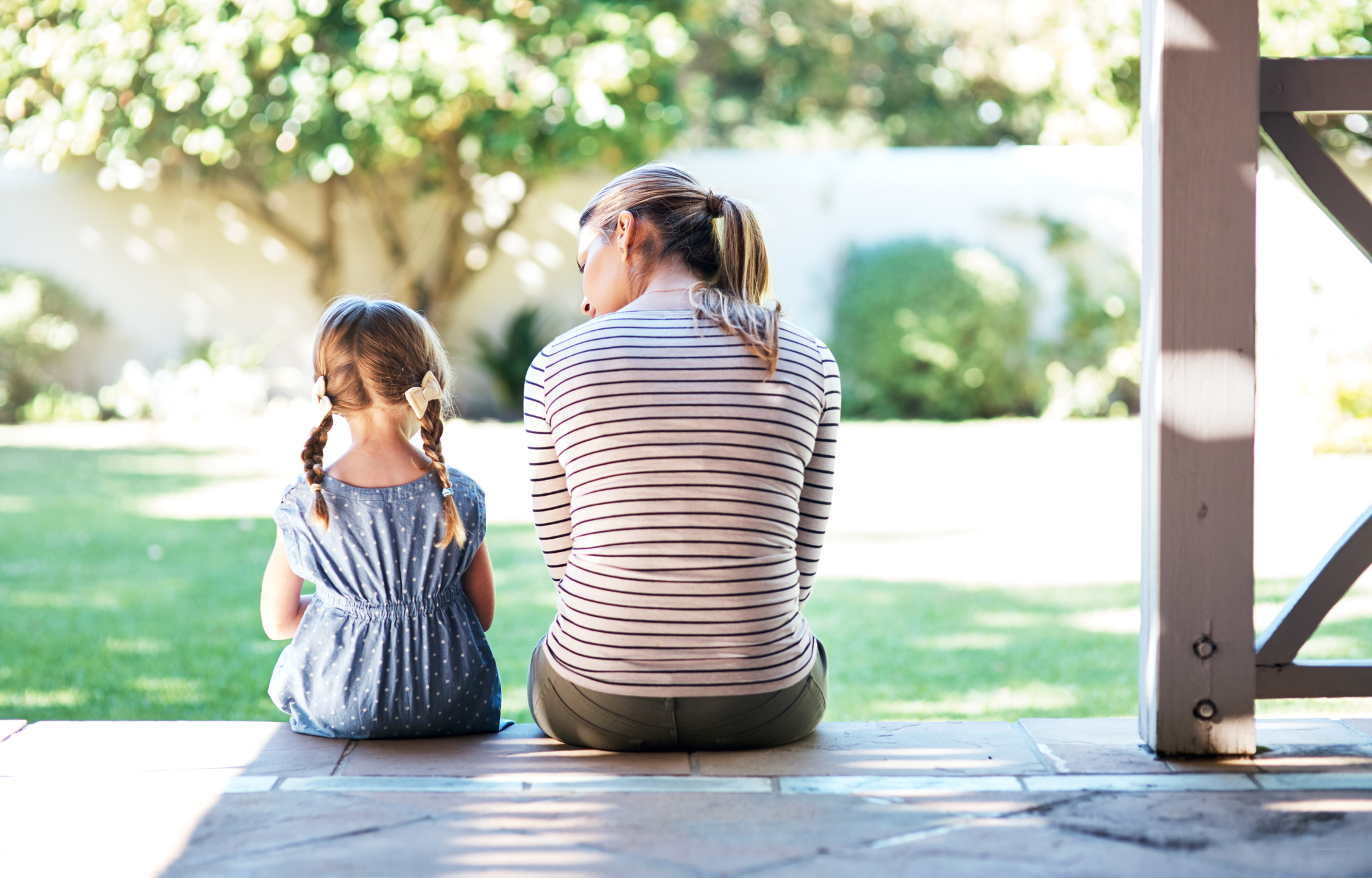Key Takeaways: This article discusses the challenges of co-parenting with an individual who is struggling with addiction. It offers strategies for navigating these challenges, whether the parents are married, living together, or separated. The article emphasizes the importance of open communication, setting boundaries, prioritizing self-care, and seeking professional help to create a supportive environment for children.
Co-parenting can be a challenging task under the best of circumstances, but when one partner is living with addiction, the complexities can multiply exponentially. Whether you are married to, living with, or separated from an addicted person, the challenges you face can feel overwhelming. However, with the right strategies and support, it is possible to navigate this difficult terrain while prioritizing the wellbeing of your children. Read on to learn more about the unique challenges of co-parenting with someone in active addiction, custody and visitation issues with addiction, setting boundaries with an addicted ex or partner, and other practical tips for both married couples and those who are divorced or separated.
Understanding the Challenges of Co-Parenting with an Alcoholic or Addict
Drug or alcohol addiction is a chronic, relapsing illness and a disease that affects not just the individual but also their loved ones, especially children. When a parent is struggling with addiction, it can lead to instability, emotional distress, and confusion in a child’s life. As a co-parent, you may find yourself in a constant state of worry about your children’s safety, emotional well-being, and overall development. Recognizing your specific challenges is the first step toward finding effective solutions, as the long-term effects of parental addiction on children can be damaging and traumatic.
Emotional Turmoil
The psychological and emotional impact of drinking or using drugs takes a heavy toll. Living with or co-parenting with an addict can lead to a rollercoaster of emotions. You may feel anger, sadness, frustration, and helplessness as you witness the impact of addiction on your family. For your children, the emotional distress can be even more pronounced. They may experience anxiety, fear, or even guilt about their parent’s behavior. Understanding these emotional dynamics is crucial for both you and your children. Family roles in alcoholic families or those with drug problems can be switched, which can also wreak havoc in the home. For example, a child may have to “take care” of their addicted parent.
Inconsistent Parenting
One of the most challenging aspects of co-parenting with an addict is the inconsistency in parenting. An addicted parent may be unreliable, fail to meet commitments, or behave unpredictably, which can create an unstable environment for your children. This inconsistency can lead to confusion and insecurity, making it essential to establish clear boundaries and expectations. Dealing with relapse during co-parenting can also be troublesome, as everything seems “okay” for a while, only to enter a new phase of inconsistency.
Safety Concerns
When addiction is involved, safety becomes a primary concern. Whether it’s substance abuse or risky behavior associated with addiction, you may worry about your children’s exposure to dangerous situations. This concern can lead to heightened anxiety and necessitate careful planning and communication.
Legal and Custodial Issues
You should know your legal rights and any co-parenting agreements that exist. In cases where addiction is severe, there may be legal ramifications that impact custody arrangements. For example, court-ordered rehab or other addiction recovery resources may be required for visitation. You may need to navigate complex legal systems to protect your children and prioritize their best interests. This can be an emotionally draining process, but it’s essential for the wellbeing of your family and is an important part of how to stop enabling an alcoholic or addict. Can sober people be emotionally manipulated? Absolutely, and you may have to evaluate this before proceeding in the legal system. Codependency and alcohol abuse often coexist, and it may be up to you to break the cycle.
Co-Parenting While Married or Living Together
If you are married to or living with and loving an addict, co-parenting in the same household can be particularly intense. Co-parenting while in a relationship also has a distinct set of challenges. Below are some strategies to navigate this difficult situation to protect children from addiction.
Open Communication
Co-parenting communication strategies are vital. While it may be challenging to discuss addiction, it is essential to create a safe space for conversations about parenting and your children’s needs. Use “I” statements to express your feelings without placing blame. For example, “I feel worried when you are under the influence around the kids” can foster a more constructive dialogue.
Set Boundaries
Setting clear boundaries is crucial for maintaining a healthy co-parenting relationship. Define what behaviors are acceptable and what are not, especially concerning your children’s safety. Be firm but compassionate, and ensure that your partner understands the importance of these boundaries. It may be helpful to make a list of co-parenting boundaries while the other partner is sober, so there’s no denying them when they are not.
Prioritize Self-Care
Caring for yourself is not selfish; it’s necessary. When you are co-parenting with an addict, your emotional and physical health can take a toll. Engage in self-care practices such as exercise, meditation, or hobbies that bring you joy. By taking care of yourself, you will be better equipped to support your children and your partner. Support groups for families of addicts, such as Alanon, can also be a help, in addition to other co-parenting resources.
Seek Professional Help
Consider seeking counseling or therapy, both for yourself and as a couple. A professional can help you navigate the complexities of addiction and co-parenting, offering valuable strategies and tools to improve your situation. Seeking professional help may also include drug or alcohol abuse rehab treatment for the addicted partner or relapse prevention strategies before there are signs of alcohol relapse.
Focus on the Children
Always keep your children’s best interests at the forefront. Create a stable routine that prioritizes their needs and emotional wellbeing. Encourage positive interactions between your partner and the children, but remain vigilant about their safety. Celebrate small victories and progress, no matter how minor they may seem.
Co-Parenting After Divorce or Separation
Co-parenting when separated or divorced involves a different set of challenges. Below are some strategies to consider.
Establish Clear Custody Agreements
Legal agreements are crucial in ensuring that your children’s best interests are protected. Work with a lawyer to establish custody arrangements that outline visitation, responsibilities, and expectations. Be proactive in addressing any concerns related to your ex-partner’s addiction, and ensure that your children’s safety is prioritized.
Maintain Consistency
Children thrive on routine and consistency, especially during times of upheaval. Work with your ex-partner to establish a consistent schedule for visitation and parenting responsibilities. This can help create a sense of stability for your children, even in the face of their other parent’s struggles. Managing addicts and alcoholics and relationships can be tricky, but try to be as consistent as possible.
Limit Contact
While it’s important to communicate regarding the children, it may be necessary to limit contact with your ex-partner if their addiction poses a risk. The presence of an active alcoholic mother or father can be devastating. Use communication tools, such as email or messaging apps, to keep discussions focused on the children. This can help create a buffer while still ensuring that you remain informed about their wellbeing.
Be Honest with Your Children
Depending on their age, it may be appropriate to have age-appropriate conversations with your children about addiction. Help them understand that their other parent’s behavior is not their fault and that they are not alone in their feelings. Encourage open dialogue and validate their emotions to foster resilience. The effects of growing up with drug-addicted parents can be far-reaching, but honesty is the best policy so your children realize it’s not something they did.
Build a Support System
Surround yourself with a strong support network of friends, family, and professionals who understand the challenges of co-parenting with an addict. They can offer emotional support, practical advice, and a listening ear when you need it most. Connecting with others in similar situations can also provide valuable insights and encouragement.
Co-parenting with an addict is undoubtedly challenging, whether you are married, living together, or separated. The emotional turmoil, safety concerns, and legal complexities can feel overwhelming at times. However, it’s essential to remember that you are not alone in this journey. By establishing open communication, setting boundaries, prioritizing self-care, and seeking professional help, you can create a supportive environment for your children.
If you or a loved one is struggling with addiction, Mountainside can help.
Click here or call (888) 833-4676 to speak with one of our addiction treatment experts.

 By
By 







